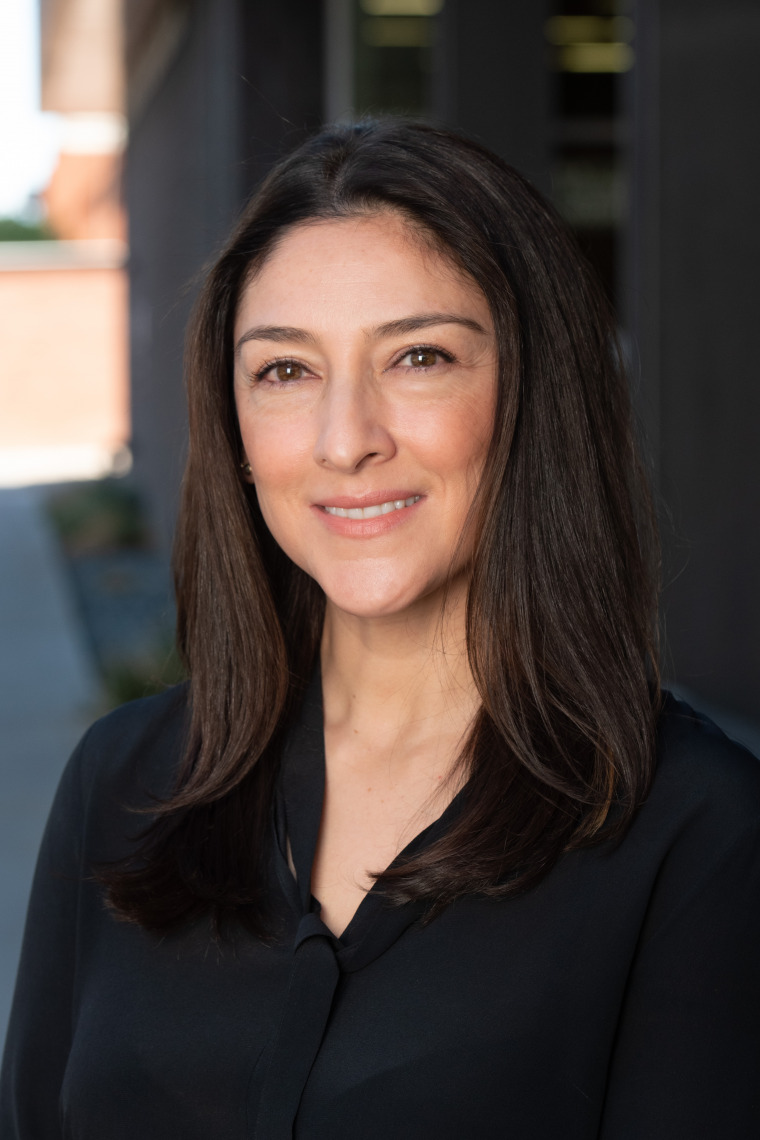Melissa Y. Delgado, Ph.D.

McClelland Park Room 235J
650 N Park Ave
Tucson, Arizona 85721-0078
Documents
I am currently accepting new graduate students.
Accepting New Students for Fall 2024
Melissa Y. Delgado, Ph.D. will be accepting new graduate students, beginning in Fall 2024
Latinx adolescent development/positive youth development
Sociocultural stressors and resilience
Academic achievement
Advanced statistical analyses (structural equation modeling, multi-level modeling) and Mixed Methods (qualitative and quantitative)
Taking a strengths-based approach, Dr. Delgado’s collaborative program of research focuses on the mechanisms that reduce racial/ethnic inequality (e.g., educational) and promote Latinx’s positive development across early to late adolescence, particularly for youth of Mexican origin. The body of work highlights the adaptive cultural responses in youths’ settings (i.e., family, school, peer) which contribute to variation in relations between macro forces (e.g., ethnic discrimination and economic hardship) and psychosocial outcomes (e.g., mental health, academic success). More recently, she is qualitatively and quantitatively examining the role of math and science academic identity and its links to culture, family and school supports, academic success, and overall well-being.
The Voices Project
Dr. Rajni Nair (ASU) and I are currently collecting data for this mixed-method (qualitative and quantitative) study, in which we examine the role of school climate among adolescents of Latin American descent.
The ALCANCE Project
This longitudinal study (a) qualitatively and quantitatively examines how Latinx adolescent students identify with their academics (i.e., academic identity) and (b) examines academic identity as the potential mechanism linking sources of academic support/socialization, school belonging, and academic achievement among Latinx youth.
Project Student Success
The purpose of this study was to examine the relations among ecological assets (i.e., educational values, ethnic identity, familism, and friendship networks), positive youth development (i.e., character, connection, confidence, caring, and competence), and academic achievement (i.e., educaitonal aspirations, expectations, self-efficacy, and performance) in a sample of Latinx early adolescents.

